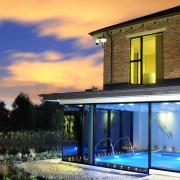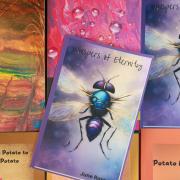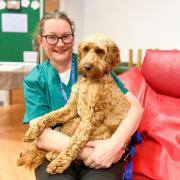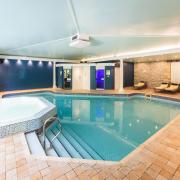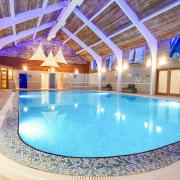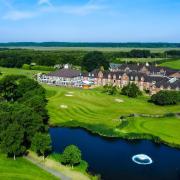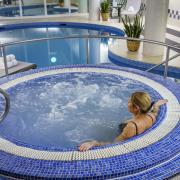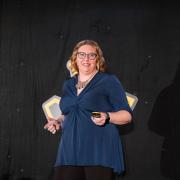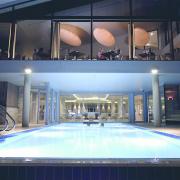More mums in Lancashire are using a technique designed to take the trauma out of childbirth, writes Roger Borrell

When women gather and the talk turns to childbirth, there’s a fair chance the conversation will contain more agony than ecstasy. That’s fine for seasoned mums but, if it’s your first baby, some of the stories can be quite daunting.
Rebecca Wright knows that feeling. ‘I was delighted to be pregnant, but I was in denial about giving birth and didn’t want to talk or think about it,’ she recalls.
‘This was mainly because all the stories I had heard were negative and they truly scared me.’
Fast forward 18 months, and Rebecca says: ‘I can honestly say it was the most amazing experience of my life and I would do it again tomorrow - I really mean that.’ So what changed? In a word, HypnoBirthing.

Natural childbirth hit the headlines when the Duchess of Cambridge chose to go down that route and HypnoBirthing is a similar programme. It is designed to teach mums-to-be a variety of techniques which make childbirth a calm, relaxed and enjoyable experience and it is being used increasingly in Lancashire.
Probably the worse thing is the name. The expectant mums at the Chorley classes agreed that it has the whiff of a joss-stick about it - something dreamed up by hippies in caftans, perhaps.
The reality is far more sensible. It teaches pregnant women and their partners effective methods of relaxation, breathing techniques and a form of ‘visualisation’ which gives them an insight into how the baby responds inside the body.
‘It does involve an element of self-hypnosis, but people get hung up on that word because it sounds like you are no longer in control’ says Rebecca. ‘The opposite is true – it actually puts the mum completely in control. It empowers them.’

The primary school teacher didn’t hear about the technique until she was in her 35th week and, after overcoming a considerable amount of scepticism, she took a crash course. ‘It meant I gave birth to our beautiful son, Oliver, in the most peaceful and calm environment using my body’s own relaxant. I went around telling everyone and I just couldn’t understand why so few people knew about it.
‘I made it my mission to spread the word and I set up Peaceful Births, which teaches the technique in five weekly sessions. I’ve also started teaching baby massage and yoga focusing on the importance of physical and emotional connection with babies through touch.’
Fern McLenaghan, of Lostock, gave birth to Noel three months ago. ‘He was in a back-to-back position and that often results in a C-section,’ says the 26-year-old. ‘But, the technique allowed me to visualise him in the womb and he was born in a peaceful environment with no drugs and he’s a chilled, contented baby.
‘All babies have their own personalities but I think the fact I enjoyed my pregnancy and there were no drugs in his system has made a difference. To be honest, it was more traumatic having my appendix out.’
The technique is used in the NHS but Rebecca says there are no guarantees of a pain-free ‘perfect’ birth. ‘If a mum does need to use an epidural that’s not some kind of admission of failure,’ she says. ‘Whatever the circumstances, this technique can still help.’
Both women believe it’s particularly important that partners play an equal role in the classes, which she holds at The Hub in Buckshaw Village. Those classes have involved around 50 women and many have formed lasting friendships and informal self-help networks.
Rachel Lockley, from Hutton, used the technique when she had a planned home birth for son, Arthur. ‘It was an amazing experience. He was born in a relaxed way with no intervention or drugs. Rebecca’s sessions gave me such an insight into what was going on inside my body.’
Rachel, a PE teacher, and others in the class believe the technique harks back to an earlier time when the absence of drugs meant women had to use natural ways of coping with the demands of childbirth.
‘I have a chilled baby who, touch wood, has gone through his first five months without any illness,’ adds Rachel. ‘The course costs £200 but I would happily pay ten times that for such a wonderful experience.’






